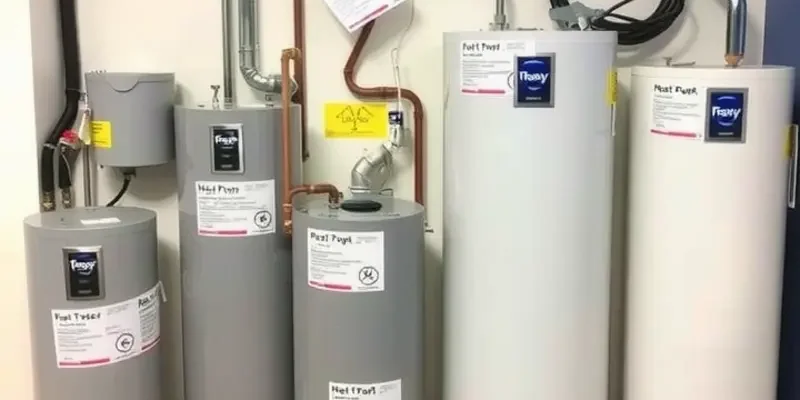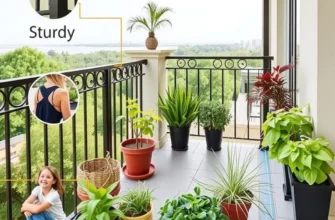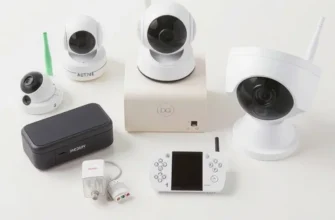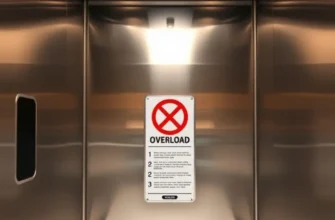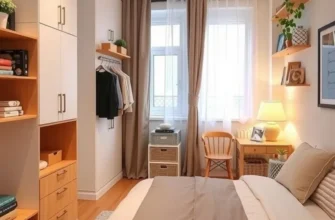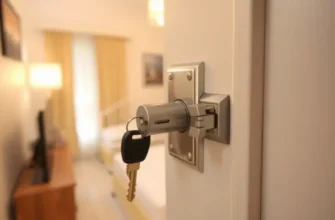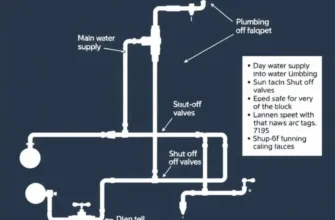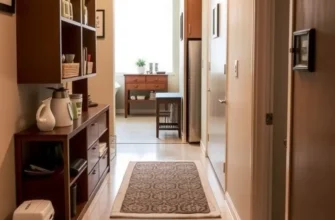Properly maintaining your apartment water heater is vital for ensuring safety and comfort. As a renter, it’s not just about having hot water for your showers and dishes; it’s also about minimizing risks and creating a secure living environment. Regular maintenance can prevent leaks, malfunctions, and potential safety hazards like overheating or gas leaks. While some tasks may be the responsibility of your landlord or property management team, understanding the basics of water heater care is crucial. This guide aims to equip you with easy-to-follow tips and insights that prioritize safety and hassle-free living, making it easier for you to enjoy the rental experience without stress. By becoming proactive about maintenance, you can contribute to both a safer home and a more efficient water heater, ultimately enhancing your apartment life—one upgrade at a time.
Understanding Your Water Heater
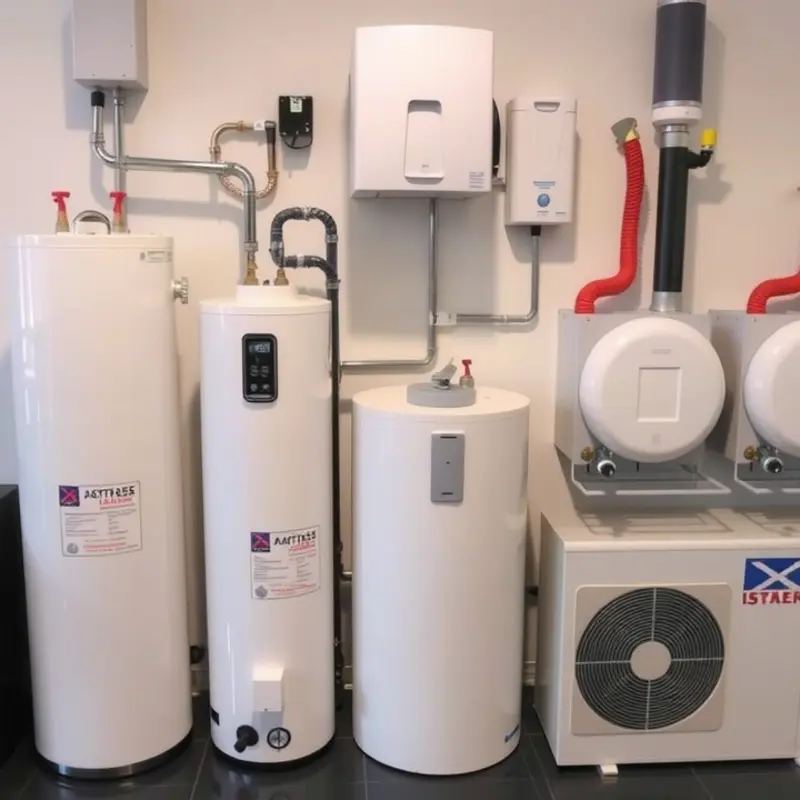
Water heaters are essential for a comfortable living environment, providing hot water for cooking, cleaning, and bathing. Understanding the type of water heater in your apartment is crucial for effective maintenance and ensuring safety. Let’s explore the different types commonly found in rental units.
One of the most prevalent types is the storage water heater. These are characterized by a large tank, which holds the water and keeps it heated at the desired temperature. They typically have a thermostat to regulate temperature, a dip tube to let cold water enter, and a heat-out pipe to deliver hot water. If your apartment has this type, periodically check the pressure relief valve and flush the tank biannually to prevent sediment build-up.
If your apartment has space constraints, you might find yourself using a tankless water heater. Unlike their bulkier counterparts, these heat water on-demand, providing a constant supply without the limitations of a tank size. They contain high-powered burners and a heat exchanger, which can heat water instantaneously. While they require less space, they do need regular descaling, especially if your water supply is hard, to maintain efficiency.
Another option you might encounter is the heat pump water heater, also known as a hybrid water heater. These are more energy-efficient as they use electricity to move heat from the air or ground into the water, rather than generating heat directly. These systems comprise a compressor, two heat exchanger coils, and a refrigerant. Due to their efficiency, you often find them in eco-friendly apartments. Maintenance involves cleaning the air filter regularly and checking for refrigerant leaks.
Apartments with a focus on sustainability may use solar water heaters. These use solar panels to capture energy from the sun, storing the heat in a tank. Components include solar collectors, an insulated storage tank, and often a backup heater for overcast days. Keeping the solar panels clean and ensuring the system has antifreeze in cold climates is essential.
Lastly, condensing water heaters are another energy-saving option, especially in gas-powered setups. They use the exhausted gases to heat the water, recapturing energy that would otherwise be wasted. Key features include an exhaust fan, a large heat exchanger, and a secondary heat exchanger. Periodic checks of the venting system to prevent blockage are necessary.
Knowing your apartment’s water heater can guide you in implementing the right maintenance practices. This ensures not only safety but also a steady and efficient supply of hot water. Staying informed helps you communicate effectively with landlords about any issues, protecting your rights as a tenant. Comprehending your system’s idiosyncrasies fits into a broader framework of renter accountability and proactive care. For more insights on related topics, check out our guide on apartment elevator safety.
Proactive Maintenance Practices
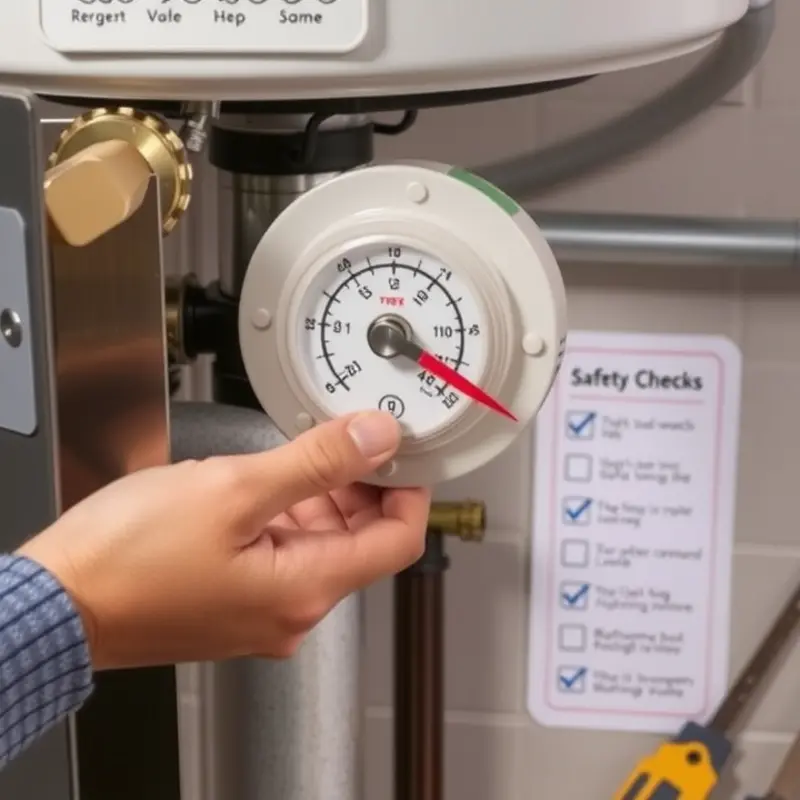
Keeping your water heater in prime condition doesn’t require specialized skills, but it relies on regular oversight and proactive practices. These efforts ensure not only an efficient water heater but also enhance safety and prevent costly emergencies.
Regular Checks
Inspect your water heater every few months. First, examine the temperature and pressure relief valve. Gently lift the valve’s lever and let it snap back; you should hear a gurgle as the valve allows a short burst of water into the drain tube. If not, the discharge pipe might be clogged, requiring professional attention.
Next, inspect the water heater’s exterior. Look for leaks or rust around the base and fittings. Leaks often start small and unnoticed, but they can lead to significant water damage. Should you find any signs, check with your landlord for guidance on immediate professional repairs.
Safety Precautions
For safety and efficiency, water heaters should be set at or below 120°F (49°C). This temperature prevents scalding and minimizes mineral buildup and corrosion in your heater and pipes. An easy adjustment of the thermostat to this setting can save energy and increase safety.
Ensure your water heater area is clutter-free. Many apartment water heaters are located in designated closets or utility areas. Keep these areas organized and free of flammable materials to reduce fire risks.
When to Contact Professionals
Despite your maintenance efforts, water heaters can still develop issues. Unusual noises like popping or crackling can indicate mineral buildup or sediment in the tank. Although flushing the tank annually is a typical maintenance practice to address this issue, this task is best left to professionals if unfamiliar.
Likewise, should you notice temperature fluctuations or inadequate hot water supply, it’s advisable to contact maintenance services. Complex problems like thermostat or heating element malfunctions require specialized skills.
Resources for Maintenance
Communication with your property manager is key. Most leases specify landlord responsibilities for major appliance maintenance. Familiarize yourself with your renter’s rights as applicable in your state. For more detailed information, consider referring to this comprehensive guide on renters’ rights.
By following these proactive maintenance practices, renters can enjoy a safer and more reliable water heater without unnecessary stress. These measures integrate seamlessly into your routine and ensure your apartment remains a comfortable and secure home.
Final words
Taking the time to maintain your apartment water heater ensures you stay safe and comfortable within your home. By understanding the type of heater you have and incorporating simple maintenance practices, you contribute not just to your personal safety, but also to the longevity and effectiveness of the appliance. Whether it’s checking for leaks, adjusting the temperature, or simply keeping an eye on corrosion, these small efforts can go a long way. Remember, if you notice any issues or uncertainties, don’t hesitate to reach out to your landlord or a licensed professional. Investing in just a little maintenance knowledge today can lead to a more enjoyable and stress-free living experience tomorrow.

